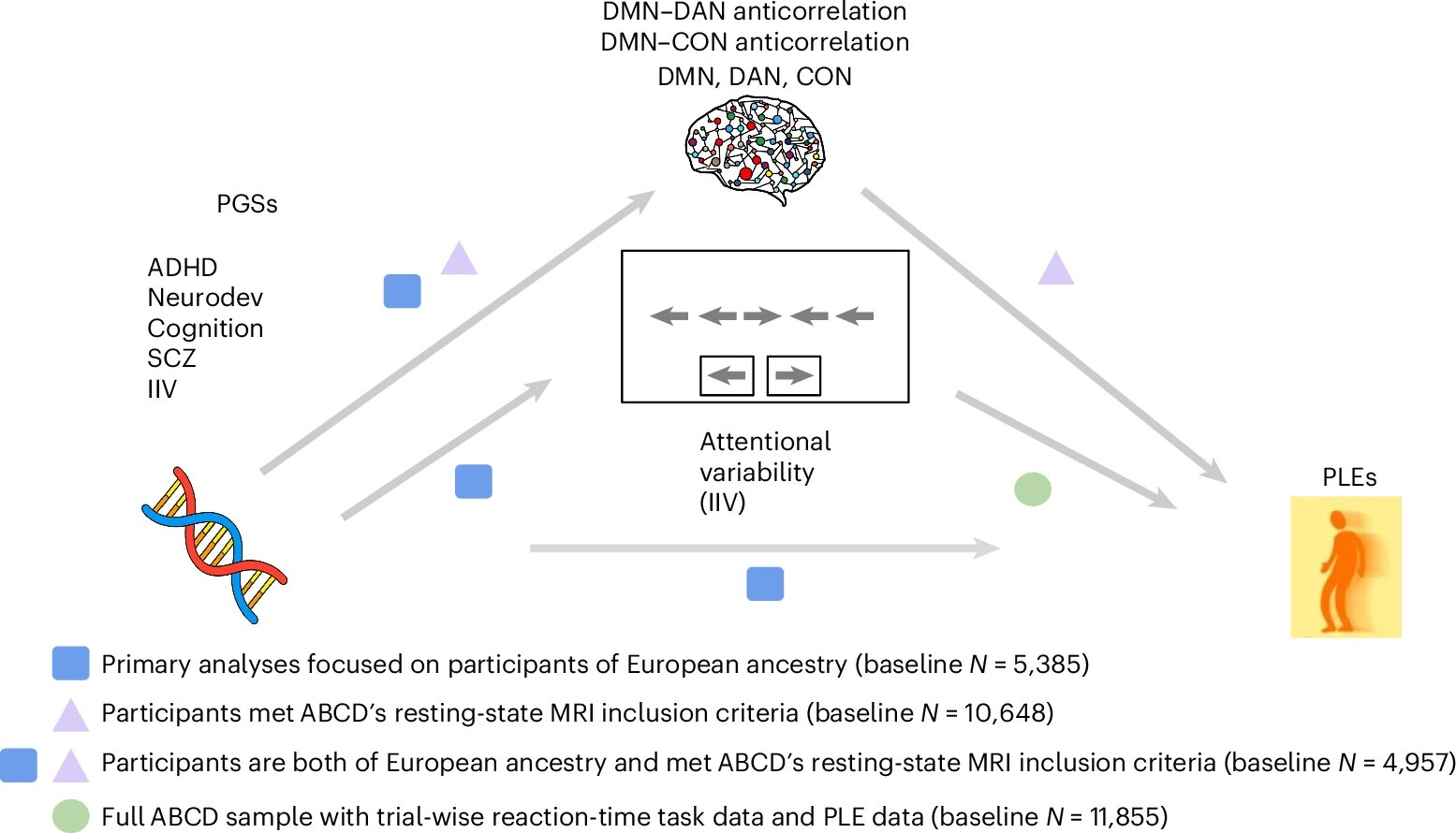Researchers at University of Tsukuba have discovered that the dorsal premotor cortex serves a “meta-learning” function, overseeing and regulating physical movements. Once believed to be limited to movement planning, this region has now been shown, through computational modeling and brain stimulation, to also facilitate the retention and forgetting of motor memories.
Superior motor learning ability in athletes is not an innate talent but a skill that can be developed throughout life. Over the past decade, motor control scientists have observed significant variations in motor learning speeds, yet the mechanisms behind these differences has remained unclear.
A research group at the University of Tsukuba previously discovered that a “learning to learn” process, or meta-learning, actively regulates motor learning properties — such as memory update rates and forgetting — through reward-based reinforcement learning. This computational mechanism mirrors the meta-learning used in artificial intelligence systems. However, the neural basis of this meta-learning process in human motor learning has remained unexplored.
In this study, the researchers compared the roles of the prefrontal cortex and higher motor cortex in meta-learning for motor skills. The prefrontal cortex, traditionally associated with higher cognitive functions, plays a key role in meta-learning for decision-making tasks. Meanwhile, higher motor areas, like the dorsal premotor cortex, are thought to be crucial for motor planning. To investigate, the team used transcranial magnetic stimulation (TMS) to disrupt the computational functions of each region and compared their effects on meta-learning performance. The results showed that stimulating the dorsolateral prefrontal cortex did not impair the meta-learning effect, while stimulating the dorsal premotor cortex did. Interestingly, motor learning itself remained unaffected, but the meta-learning related to memory forgetting was significantly inhibited. This suggests that the dorsal premotor cortex, traditionally linked to goal-directed motor planning, also influences how much motor memory is retained or forgotten, based on the task and environment.
This groundbreaking discovery of a meta-learning function in the premotor cortex could pave the way for developing technologies to enhance motor skill acquisition more effectively in sports.
This work was supported by grants from Japan Society for the Promotion of Science KAKENHI (Grant 4 Numbers: 22H00498). TS was supported by a JSPS Research Fellowship for Young Scientists (JSPS 5 KAKENHI: 19J20366).

